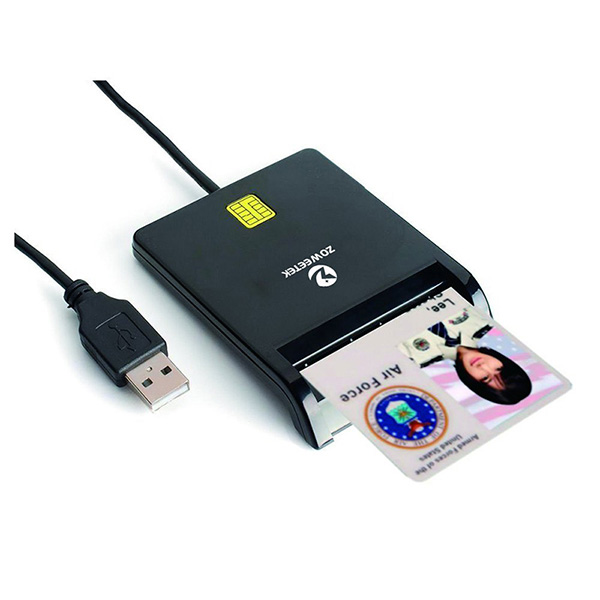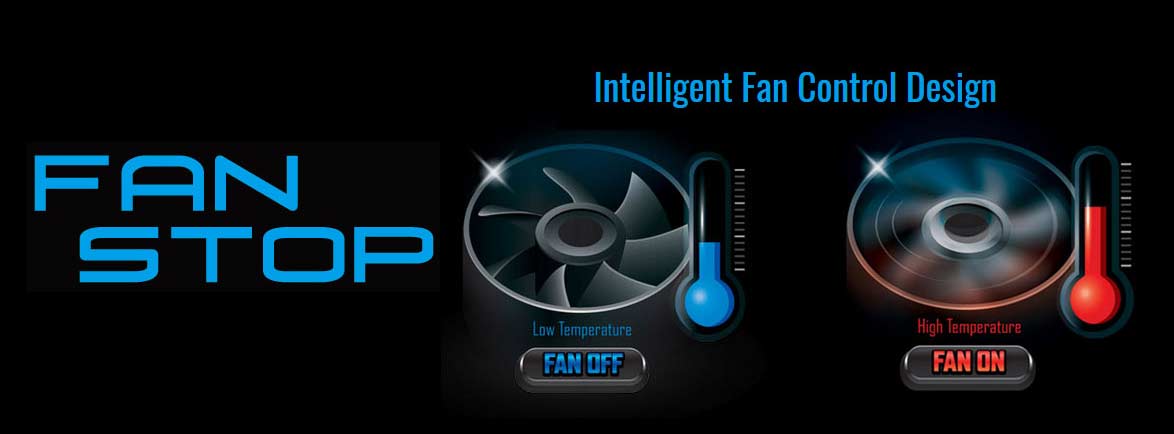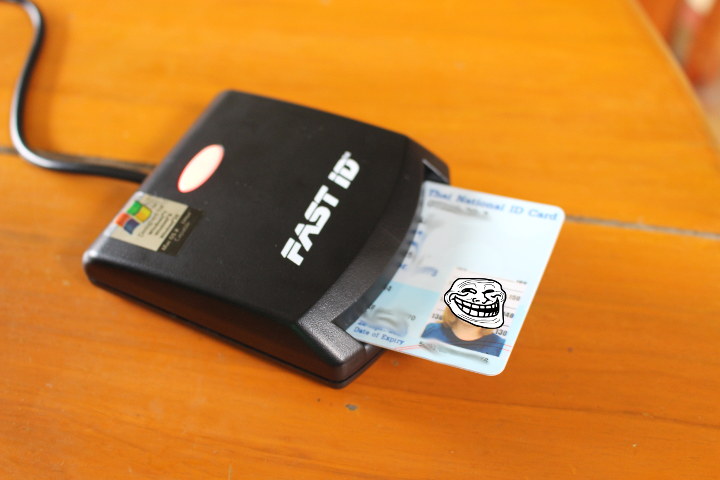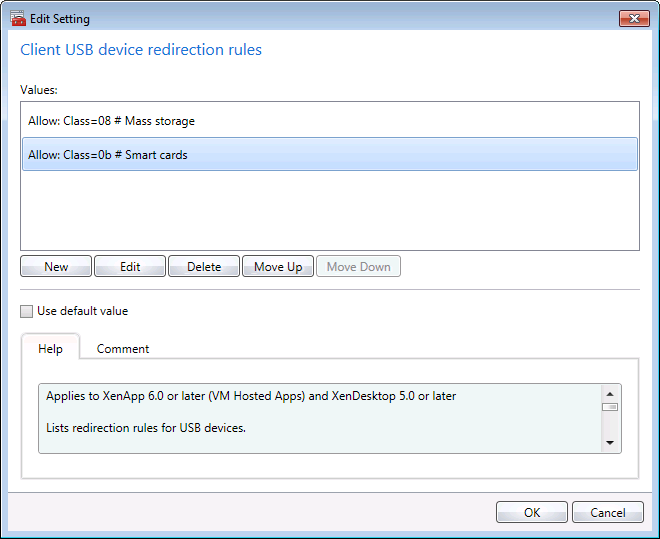Source download
- Usb Smart Chip Device Card Reader Driver Downloads
- Microsoft Usb Card Reader Driver
- Usb Smart Card Reader
- Sd Card Reader Usb Driver
- Usb Smart Chip Device Card Reader Driver Download
Get released/stable versions
Go in the Download section. I provide .tar.bz2 archives ready to be built using:
Download SD card reader driver for Windows 10 in Device Manager Press Windows + R, type devmgmt.msc, press Enter to open Device Manager in Windows 10. In Device Manager window, you can expand Universal Serial Bus controllers category. Next right-click on the SD card reader driver and select Uninstall device. This package provides the Dell USB Smart Card Reader Keyboard Driver and is supported on OptiPlex, Precision, Latitude and Vostro Desktop models that are running the following Windows Operating Systems: Windows 2000, XP, Vista, Window 7 and Windows 10. A Memory or Digital Card Reader is a device that is used to read memory cards that often come in cell phones, cameras, GroPro, Drone and other similar devices. We carry a variety of types to fit your needs. Always be sure to note what type of memory card you need before making a purchase. Support Card types: 5V, 3V and 1.8V Smart Cards, ISO 7816 Class A, B and C. Certifications Standards: ISO-7816 & EMV2 2000 Level 1, CE, FCC, VCCI, CCID, Microsoft WHQL;And RECOMMENDED by militarycac.com; What You Get: Rocketek CAC USB Smart Card Reader, CD driver, 90 days full money back and lifetime technical support. SCM's SCR3310 and SCR3310v2.0 are small and ergonomic USB smart card readers, with backside mounting holes. The readers are ISO 7816 compliant, and can be used for cards in ID 1 card format.
The latest README is at README.md.
Get the current source code from git
If you are a C-language developper (or you know what you are doing), you can also access the git developement version. You may need to use the git version to support the latest added readers.
Main CCID/ICCD features supported
- Exchange levels
- short APDU
- extended APDU (with some limitations and lack of support from PC/SC)
- TPDU
- character
- card protocols
- T=0
- T=1
- Protocol Parameter Selection (PPS)
- negociation made by the driver if needed
- highest card/reader communication speed selected
- specific mode supported
- multi-slot readers
- composite CCID devices
- PC/SC v2 part 10 features:
- GET_FEATURE_REQUEST
- secure PIN verify (FEATURE_VERIFY_PIN_DIRECT)
- modify PIN entry (FEATURE_MODIFY_PIN_DIRECT)
- reader PIN properties (FEATURE_IFD_PIN_PROPERTIES)
- Multifunctional Card Terminal reader direct (FEATURE_MCT_READER_DIRECT)
- retrieve reader properties in TLV form (FEATURE_GET_TLV_PROPERTIES)
- bMinPINSize and bMaxPINSize: How to know the PIN sizes supported by a pinpad reader?
- sFirmwareID
- bTimeOut2
- wLcdMaxCharacters and wLcdMaxLines
- wLcdLayout
- send CCID escape commands (FEATURE_CCID_ESC_COMMAND)
- Data rates list
- Localize LCD display messages (Gemalto GemPC PIN PAD, Covadis Véga-Alpha)
- Extended APDU (for T=1 cards only and if your reader is in TPDU mode or extended APDU mode. For T=0 cards this is managed by the application itself.)
- SCardGetAttrib() attributes
- ICCD versions A and B
- RAM consumption efficiency for embedded systems using
--enable-embedded
CCID features not yet supported
- Manage suspend/resume (for example in a laptop)
- Reader clock frequency change
Contact me if you want to see the support of the above not yet supported features and you have a budget.
Non CCID features that I do not plan to support
- read/write on memory cards
In fact I may implement one of these features if you have a budget.
How to get support
If you have a problem and want to get support from me you shall include the following information:

Versions
- CCID driver version
- pcsc-lite version
- the output of the command '
/usr/sbin/pcscd --version'
Platform
- Operating system or GNU/Linux distribution name and version
- Hardware details: Standard compatible PC, special board, Raspberry Pi, etc.
- Smart card middleware name and version
- Smart card reader manufacturer name and reader model name
- Smart card name
Log
Then you shall generate a complete log (do not truncate it).
- If you need to enter the smart card PIN to reproduce the problem then consider changing your PIN before generating the logs as the PIN value will be included in the logs.
- Kill any running
pcscdprocess - (re)start pcscd exactly as described bellow:
- Stop pcscd (using Control-C) after the problem occured and send me the generated
log.txtfile
gdb backtrace
If you experience a crash of pcscd it is useful for me to have a backtrace.
Then copy/paste the complete output in your bug report.
Mailing list
If you have general questions or bug reports you should use the Pcsclite-muscle mailing list.

First search the mailing list archives. Maybe your probem has already been reported and solved. If you have not found a solution then subscribe to the Pcsclite-muscle mailing list and send your request to pcsclite-muscle@lists.infradead.org.
Check reader's compliance to CCID specification
To know if a smart card reader is CCID compliant and should be supported by this driver but is not listed bellow
Just get the source code of this driver, install the build dependencies (see Build-Depends: for Debian systems) and do:
and send me (ludovic.rousseau@free.fr) the generated output.txt file.
If your reader is CCID compliant and you would like to add it to the list of readers I would also need:
Usb Smart Chip Device Card Reader Driver Downloads
- The URL of a web page describing the reader. Typically the web page of the reader description on the manufacturer web site.
- A picture of the reader. In general a picture is already available on the manufacturer web page described above.
CCID/ICCD readers
- Supported readers
- Should work readers
- Unsupported readers
- Disabled readers
All the readers are also included in a big matrix.
Reader selection
You can use an interactive reader selection tool at: Reader selection.
See Reader Selection: find the smart card reader you search for a presentation of the tool.
Authors
The main author is Ludovic Rousseau <ludovic.rousseau@free.fr>.
I reused source code from other free software projects whose authors are:
- Carlos Prados for the PPS and ATR parsing code (taken from his towitoto driver) in
towitoko/directory. - Olaf Kirch for the T=1 TPDU code (from the OpenCT package) in
openct/directory. I (Ludovic Rousseau) greatly improved this code.
Licence
This library is free software; you can redistribute it and/or modify it under the terms of the GNU Lesser General Public License as published by the Free Software Foundation; either version 2.1 of the License, or (at your option) any later version.
This library is distributed in the hope that it will be useful, but WITHOUT ANY WARRANTY; without even the implied warranty of MERCHANTABILITY or FITNESS FOR A PARTICULAR PURPOSE. See the GNU Lesser General Public License for more details.
You should have received a copy of the GNU Lesser General Public License along with this library; if not, write to the Free Software Foundation, Inc., 59 Temple Place, Suite 330, Boston, MA 02111-1307 USA
The complete licence is available at GNU Lesser General Public License, version 2.1
Supported Operating Systems
GNU/Linux
GNU/Linux using libusb 1.0.x and later
Mac OS X
Apple includes my CCID driver (version 1.3.8, released in June 2008) since Leopard 10.5.6. See the mail from Shawn Geddis to have a list of changes.
See the evolutions of the CCID driver in Lion (10.7), Mountain Lion (10.8), Mavericks (10.9), Yosemite (10.10), El Capitan (10.11), Sierra (10.12), High Sierra.
Snow Leopard (10.6.x) and later
Mac OS X Snow Leopard (10.6) and later are supported without patches. To build the driver you need to extract the archive and do: Technogym fitness equipment.

Leopard (10.5)
Mac OS X Leopard (10.5) is supported with a simple patch. To build the driver you need to extract the archive and do:
NOTE: The execution of ./MacOSX/configure will fail if you have a space character in your current working directory pathname.
NOTE: Apple's version of pcsc-lite installed with Leopard has many bugs and problems.
Tiger (10.4)
Mac OS X Tiger (10.4) uses an old pcsc-lite with some problems:
- A missing call to
IFDHSetProtocolParameters()so the reader is not configured correctly regarding to the card ATR. - A wrong API for
SCardControl()so you can't use a pin pad reader or any other feature provided bySCardControl(). - No way to generate a cold reset. Only a warm reset is possible. Uncomment the line
#CFLAGS='$CFLAGS -DFAKE_CARD_CHANGED'inMacOSX/configureto fake a card movement after a reset to simulate a cold reset. Note thatSCardReconnect()will then fail withSCARD_W_REMOVED_CARD.
You can use this (now unmaintained) patch.
Solaris
The driver should work on Solaris.
I can't test is myself so patches are welcome if needed.
You can find a PC/SC-lite package form Oracle.
FreeBSD
The driver is available in the freshport.
NetBSD (pkgsrc)

The driver is available in pkgsrc as security/ccid.
Other operating systems
It may or may not work.
Available binaries
The drivers are also available as packages libccid
Skip to end of metadataGo to start of metadataThe 2N Driver for External USB Readers for Windows based systems allows you, with appropriate external reader, to add RFID card codes, Bluetooth pairing and fingerprints directly from your computer to a 2N® IP Intercom or Access Unit reader. Please note that the device needs to be equipped with matching hardware for each mentioned technology to be able to use it for authorization purposes.
Note: Please always use the latest driver. The driver is available for download on the 2N webpage (https://www.2n.cz) in the section Support - Software - Intercoms.
Requirements: Windows based operating system (Windows 7 64bit or higher)
One of following External USB readers:
External RFID Reader 13.56MHz + 125kHz (USB Interface) Order No.: 9137421E
External Bluetooth Reader (USB Interface) Order No.: 9137422E
External Fingerprint Reader (USB Interface) Order No.: 9137423E

Step by step guide
Installation
1) Download the driver from 2N web page to your computer and extract it from archive.
2) Install the USB driver to your computer. In case of any warning message, please use Ignore button
3) Once the driver is installed, please start it. A blue icon with white stripes will appear in Windows notification. Please note that Windows may move the icon to Notification overflow area, unless you set the icon to show permanently.
4) Once the driver is started, you can connect your external USB RFID reader, Bluetooth reader or Fingerprint reader to your computer. The driver will automatically detect any connected external reader and you can start using it.
IconWhen connecting the any of external USB reader for first time, it may take few seconds (based on your computer) until the driver is properly set.
IconIn default settings, the driver is enabled to read both 13,56MHz and 125kHz RFID cards, use Bluetooth dongle for device pairing and Fingerprint is also enabled.
5) If you wish to start the driver along with Windows, you can set this by opening driver's settings by right clicking on its icon and then left clicking on the Settings option.
In the General menu section, you can set the driver to Run on startup.
Microsoft Usb Card Reader Driver
Usage
When the driver is successfully installed, please make sure it is running and connect the external USB reader to a USB port of the same computer.
You can use the following types of external USB readers:
External RFID Reader 13.56MHz + 125kHz (USB Interface) Order No.: 9137421E
When connected properly, it will be shown in the driver's settings this way (COM port number may vary):
When you have the external USB reader connected, please use your web browser to open the 2N® IP Intercom, Access Unit or Access Commander configuration in order to use its web page to read card IDs by clicking the buttons shown on following pictures:
firmware 2.23.1 and older:
firmware 2.24.0 and later:
Usb Smart Card Reader
External Bluetooth Reader (USB Interface) Order No.: 9137422E
When connected properly, it will be shown in the driver's settings this way (COM port number may vary):
When you have the external USB reader connected, please use your web browser to open the 2N® IP Intercom, Access Unit or Access Commander configuration in order to use its web page to pair Bluetooth devices:
firmware 2.23.1 and older:
firmware 2.24.0 and later:
Sd Card Reader Usb Driver
External Fingerprint Reader (USB Interface) Order No.: 9137423E
When connected properly, it will be shown in the driver's settings this way (COM port number may vary):
Usb Smart Chip Device Card Reader Driver Download
When you have the external USB reader connected, please use your web browser to open the 2N® IP Intercom or Access Unit configuration in order to use its web page to setup fingerprints:
firmware 2.23.1 and older:
firmware 2.24.0 and later:
IconThis procedure can be applied to:
- 2N Access Unit
- 2N Access Unit 2.0
- 2N Access Unit M
More product information:
